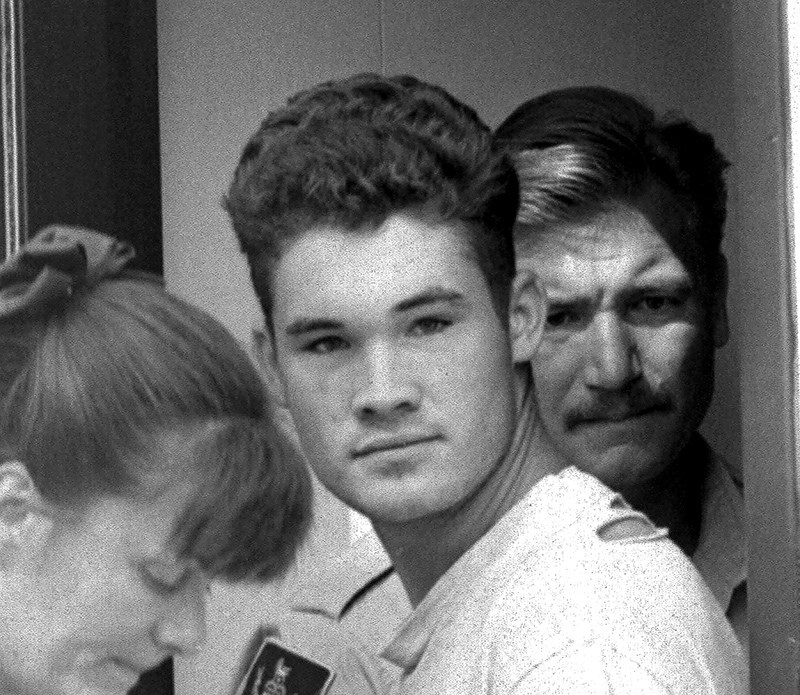A man convicted as a teenager in a notorious Coquitlam murder nearly 25 years ago was denied day parole in December.
And if Stephen Stark ever does win even partial release, it's likely he will be expelled from the country.
Yesterday (Tuesday), the Parole Board of Canada released to The Tri-City News its decision from Dec. 5, 2018, finding Stark still a public threat.
Now 42 and incarcerated in a minimum-security institution, Stark is serving a life sentence for the second-degree murder of Graham Niven outside a Coquitlam convenience store in the early morning hours of Aug. 13, 1994.
That’s when Stark pushed Niven, 30, into the store’s window and repeatedly punched and kicked him in the head until he was unconscious; Stark fled the scene.
Niven, who didn't know Stark or his accomplice, Jon Biniaris, died from massive head injuries caused by blunt trauma, the court heard.

Stark, then 18, was sentenced the following spring and, since being locked up, has been convicted of nine additional offences, including attempted murder; his last conviction for offences committed in prison was in June 2011 for assault using force. (Before killing Niven, Stark also had a number of property-related convictions.)
Last year, Stark requested day parole and unescorted temporary absence (UTA) for personal development to attend a Skills for Recovery program at a residential facility on Vancouver Island. Stark argued he needed a gradual release into the community to prepare for his transition.
But the board noted the Canada Border Services Agency would immediately deport Stark, an American citizen, if he were granted either day parole or a UTA. “In that eventuality, you will not be under supervision in the United States,” it wrote in its decision.
And while the board recognized Stark’s program achievements in jail and acknowledged his “significant progress in recent years,” it said he still had “some work to do.”
“You remain assessed as a moderate high-risk to reoffend violently on any form of conditional release,” the board wrote, adding, “You present as continuing to minimize elements of your offending and to lack insight into the causes and consequences of your criminal behaviour.”



